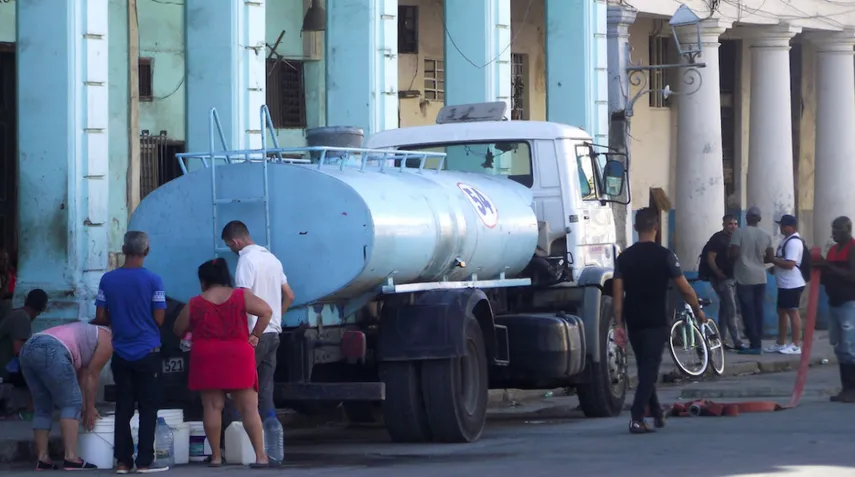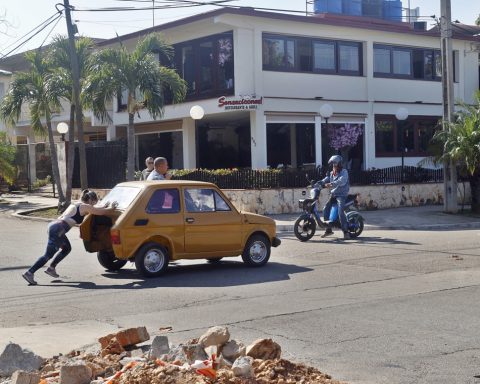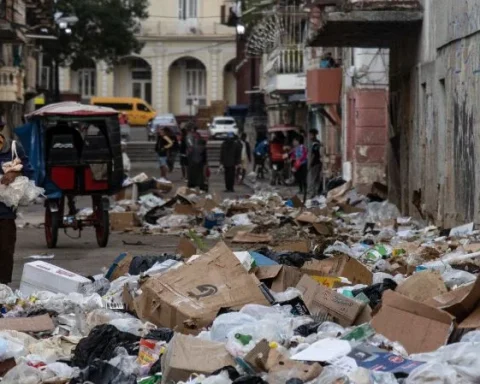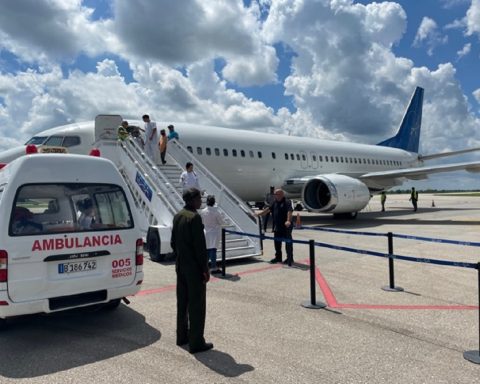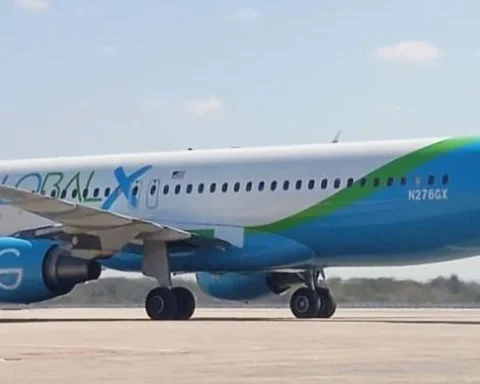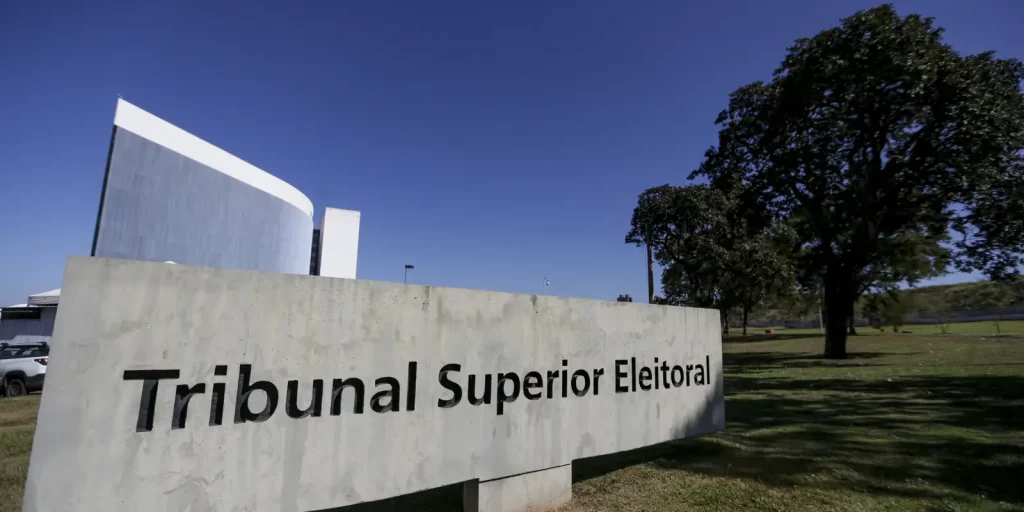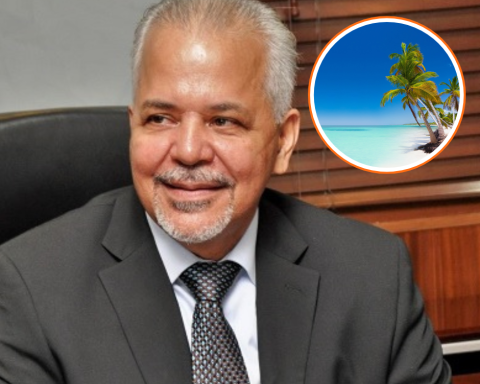MIAMI, United States. – The lack of water affects almost half of the population of Havana, a crisis that Cuban authorities attribute to prolonged power outages and failures in the water networks. The National Institute of Hydraulic Resources (INRH) has indicated that power outages affect the operation of water pumps and delay the recovery of service.
However, Deisy Lubis Pérez, a resident of the Jacomino neighborhood in San Miguel del Padrón, He told the EFE agency this weekend that the crisis was not only due to a recent breakdown. “We have been like this for years,” he said.
The water crisis has worsened over time. According to the INRHaround 600,000 people in Cuba suffer from a lack of access to water, a figure that has grown by 25% compared to the previous year.
In Havana, it is estimated that more than 130,000 people lack regular water supply. Images of water trucks and people carrying buckets have become commonplace. “We have to draw water from a cistern with buckets, it has not been delivered directly to our homes for years,” a young resident of the Jacomino neighborhood also told EFE.
The situation has sparked protests The crisis is being experienced in different areas of the capital, especially in peripheral neighbourhoods such as the one visited by the Spanish news agency. Residents feel abandoned by local authorities, who say that the solution to the crisis requires large investments. “The neighbourhood representative has complained, but not even she receives an answer,” said Lucía Hernández, a retiree who has lived in Jacomino for more than four decades.
But the impact of this crisis is not limited to HavanaSeveral provinces in the country, such as Pinar del Río, Artemisa and Santiago de Cuba, are also experiencing serious supply problems. In Caibarién, in the province of Villa Clara, residents have been without water for almost three weeks, which has forced them to include bottled water in the famous ration booklet.
The island’s regime has promised to carry out more than 200 hydraulic works and buy new pumping equipment to mitigate the situation, but maintenance problems and frequent breakdowns make the recovery of supply slow and uneven. Meanwhile, Cubans continue to face the uncertainty of a service as essential as water. “It is criminal that we live like this in the 21st century,” concluded Deisy Lubis Pérez.
